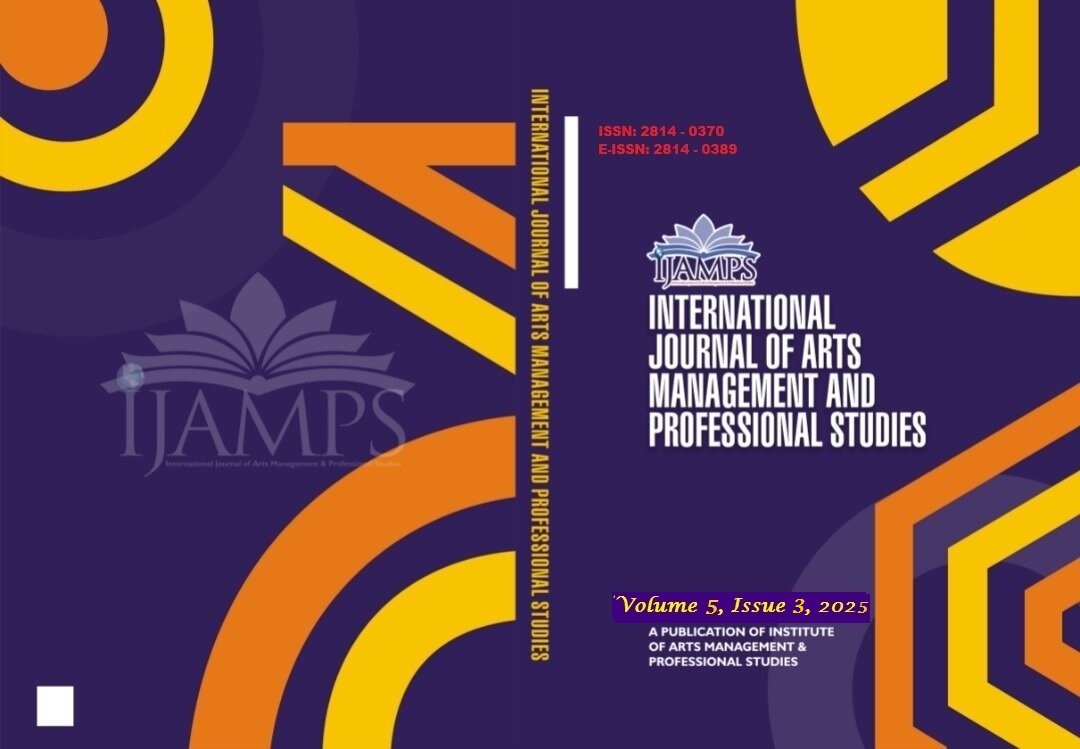
Nigeria's Educational System: Realities, Challenges, And Prospects
Obizue Mirian Ndidi, Patricia Ebele Oshebor, Joseph Olusegun Adeagbo
Volume 5, Issue 3, September 2025
Education is a fundamental pillar of national development, serving as the foundation for economic growth, social cohesion, and technological progress. In Nigeria, the educational system is a crucial driver of human capital development, yet it faces persistent challenges that hinder its effectiveness. These challenges include inadequate funding, poor infrastructure, low teacher quality, outdated curricula, and socio-economic disparities that limit access to quality education. Additionally, security concerns, government inefficiencies, and cultural barriers further exacerbate the crisis in the sector.This paper provides an in-depth analysis of Nigeria's educational landscape by examining its historical evolution, current realities, and the most pressing challenges confronting the sector. The study delves into key factors such as government policies, economic constraints, cultural influences, and security threats that affect education at all levels. Furthermore, it evaluates the prospects for reform and sustainable growth, offering strategic solutions to improve educational quality, accessibility, and relevance in an increasingly globalized world. The paper concludes with comprehensive recommendations for policymakers, educators, and stakeholders to foster a more inclusive, innovative, and efficient educational system that aligns with international standards.